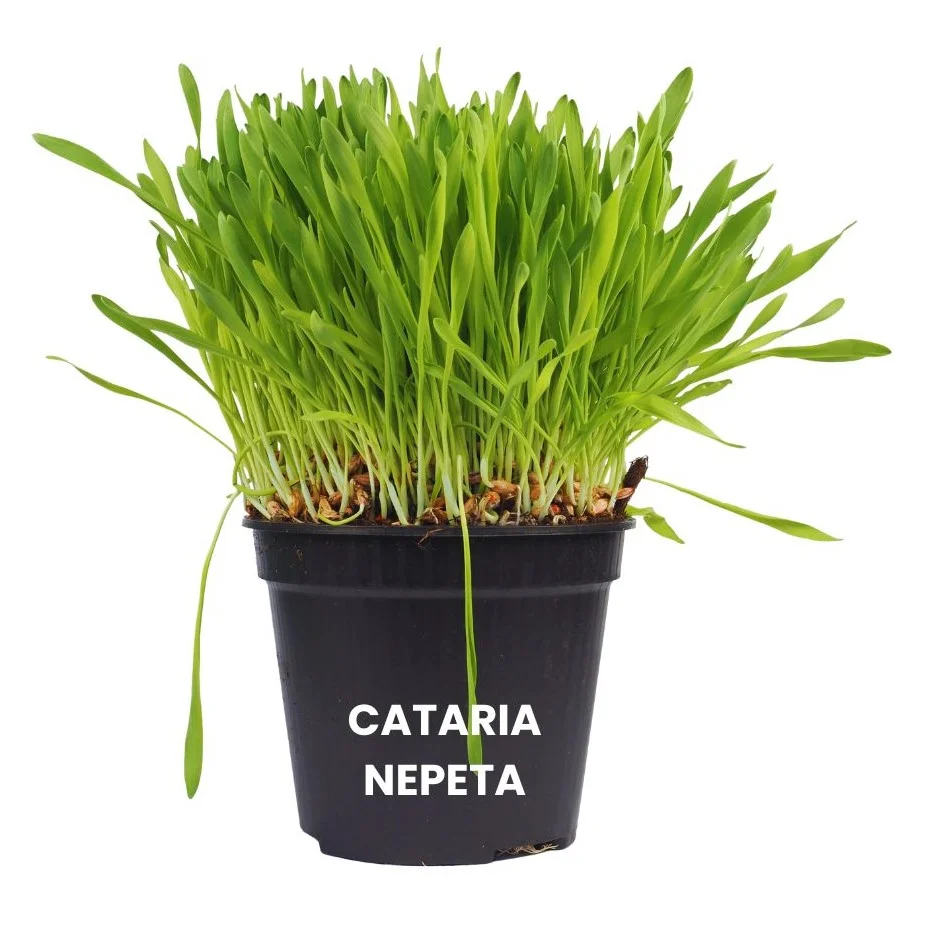Cataria Nepeta commonly known as Catnip, is a homoeopathic remedy primarily used for children’s colic, nervous headaches, hysteria, and various abdominal complaints.
It is characterised by symptoms such as pain, flexing of thighs, twisting of the body, and crying.

Table of Contents
ToggleSOURCE INFORMATION
It is an herbaceous plant belonging to the genus Nepeta in the Lamiaceae family.
Scientific Classification
- Kingdom: Plantae
- Order: Lamiales
- Family: Lamiaceae
- Genus: Nepeta
- Species: Nepeta cataria
Origin
- Catnip is native to Europe and parts of Asia, but it has been naturalized in various regions worldwide, including North America.
- It typically grows in temperate climates and is often found in fields, along roadsides, and in waste areas.
Historical Facts
- Catnip has a long history of use in traditional medicine, particularly in herbal remedies for digestive issues, nervousness, and insomnia.
- In addition to its medicinal uses, catnip has been prized for its attraction to cats.
- The aromatic compounds in catnip, particularly nepetalactone, can induce a euphoric response in many cats, leading to behaviors such as rolling, rubbing, and hyperactivity.
Preparation for Homeopathic Use
- In homoeopathy, Catnip is prepared as a tincture using the fresh aerial parts of the plant.
- The tincture is typically made by macerating the plant material in alcohol and then diluting it according to homoeopathic principles to create various potencies for therapeutic use.
Traditional Uses
- Catnip has been traditionally used in herbal medicine to alleviate gastrointestinal discomfort, including colic in infants and digestive upset in adults.
- It has also been employed as a mild sedative to calm nervousness and promote relaxation.
- In addition, Catnip has historical uses as a diaphoretic to induce sweating and as a mild diuretic.
Modern Applications
- In modern herbalism, Catnip is still used for its calming properties and is often included in formulations for stress relief and sleep support.
- While its use in homoeopathy is less common than in traditional herbal medicine, Catnip tincture may be recommended by homoeopathic practitioners for specific indications, such as colic in infants or nervous headaches.
KEY CHARACTERISTICS
- Effective for children’s colic, nervous headaches, and hysteria.
- Alleviates abdominal complaints.
- Symptoms include pain, flexing of thighs, twisting of the body, and crying.
REMEDY RELATIONSHIP
- Similar to Chamomilla and Magnes Phosph.
DOSE
- Administer 5 to 10 drops of the tincture as the recommended dosage.
Frequently Asked Questions
What is Cataria Nepeta commonly used for in homoeopathy?
- Cataria Nepeta, commonly known as Catnip, is primarily used for children’s colic, nervous headaches, hysteria, and various abdominal complaints.
What are the key characteristics of Cataria Nepeta?
- Cataria Nepeta is effective for children’s colic, nervous headaches, and hysteria.
- It alleviates abdominal complaints and is indicated by symptoms such as pain, flexing of thighs, twisting of the body, and crying.
- It shares similarities with Chamomilla and Magnesium Phosph.
How is Catnip prepared for homoeopathic use?
- In homoeopathy, Catnip is prepared as a tincture using the fresh aerial parts of the plant.
- The tincture is made by macerating the plant material in alcohol and then diluting it according to homoeopathic principles to create various potencies for therapeutic use.
What are some traditional uses of Catnip?
- Catnip has been traditionally used in herbal medicine to alleviate gastrointestinal discomfort, including colic in infants and digestive upset in adults.
- It has also been employed as a mild sedative to calm nervousness and promote relaxation.
- Additionally, it has historical uses as a diaphoretic to induce sweating and as a mild diuretic.
How is Catnip administered in homeopathy?
- The recommended dosage of Catnip in homeopathy is 5 to 10 drops of the tincture.
Meaning of Difficult Words
- Colic: Severe, often fluctuating pain in the abdomen caused by intestinal gas or obstruction in the intestines.
- Hysteria: Exaggerated or uncontrollable emotions, often characterized by irrational behaviour or reactions.
- Tincture: A solution of a medicinal substance in alcohol, typically used for oral administration in homoeopathy.
